|
The book of the month for Season 2, Episode 5 is any book on drafting your story.
This season we have discussed ideas and conceptualizing, character development, worldbuilding, research, and outlining, which naturally leads us to our next podcast topic, drafting. This month's recommendation is to find any book on drafting a story and refresh your memory on the different methods and pitfalls of drafting. Join us for our next episode, where we will discuss each of our practices.
0 Comments
The book of the month for Season 2, Episode 4 is to read a book or visit a website that helps you understand various forms of outlining stories.
There are many forms of story outlines. In fact, there are many more than the Three Act Story Structure created by Aristotle and taught to you in English class. While story outlines can vary from culture to culture, we will be focusing on Western Story outlines. Take some time to review different story outline styles to see which may best fit your work in progress and prepare for our next episode. A good place to start is on the Calm Scribe website, where the eight most common styles are listed. Click the link below to visit. The Calm Scribe - Story Outlines The book of the month for Season 2, Episode 3 is a book, website, or other resource to help you research a topic you are passionate about.
Research, research, research. A vastly important part of your writing and something the Pedantic Scribe will judge you for not doing. This month's recommendation is to research a topic from your work in progress or any topic which interests you to dust off those old skillsets from school. Our next episode will feature a discussion on research, so do yours to prepare while we do our own. The book of the month for Season 2, Episode 2 is any book on worldbuilding or use a site like World Anvil or Campfire.
What is worldbuilding, and what goes into it? A lot! Instead of a book of the month, we recommend you play around with a worldbuilding program. Our favourites are World Anvil and Campfire, and both allow you to set up a free account and play around. Take some time to see what worldbuilding entails, and have some fun while you are at it. Just don't get overwhelmed, not all aspects need to be included in each story. We will discuss how we build our worlds in the next episode. The book of the month for Season 2, Episode 1 is Characters, Emotions, & Viewpoints, by Nancy Kress.
Characters are key when it comes to your story. If the reader cannot connect with or identify with your characters, they will not care enough about what happens to them to continue reading your book. Characters, Emotion, & Viewpoint is an excellent primer for our next podcast, where we will be discussing character development. You may want to take notes for this one. The book of the month for Season 1, Episode 6 is The Science of Storytelling, by Will Storr.
How do you tell a great story? What makes a story memorable? This month's book is The Science of Storytelling. A fantastic book to help you understand the inner workings of a great story and to help you prepare for our next season of Scribe's Journey. Dive into this book, and you will not be disappointed. Happy reading! The book of the month for Season 1, Episode 5 is any children's book.
It's time for an easy read. Pick up and read your favourite children's book and look for the rule of three, which will be the topic of our next podcast. The rule of three in children's books often shows children trying to solve an issue on their own while going through at least three try/fail cycles. This is also a fun exercise to do with any book you read. How many ways can you see the rule of three played out in books, films, or shows? The book of the month for Season 1, Episode 4 is any book by Neil Gaiman.
The dreaded imposter syndrome. Something experienced by many, including great authors like Neil Gaiman. We recommended reading any book by Neil Gaiman to reinforce the idea that if an author of his calibre deals with imposter syndrome, you need not feel bad if you deal with it as well. Hint: We all do, and will discuss it during our next podcast. |
Scribe's Journey
|
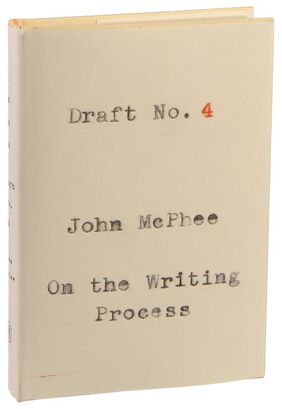
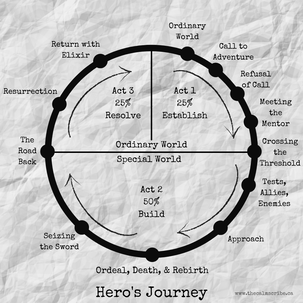


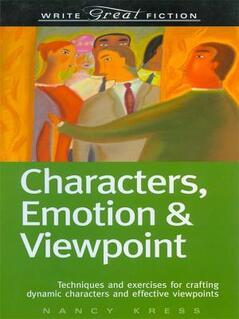
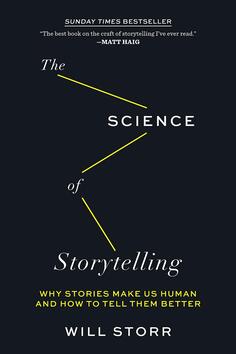
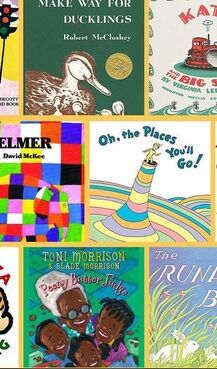
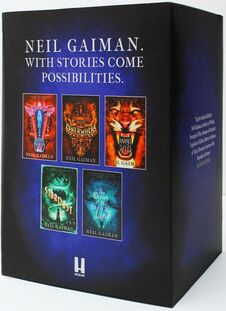
 RSS Feed
RSS Feed
